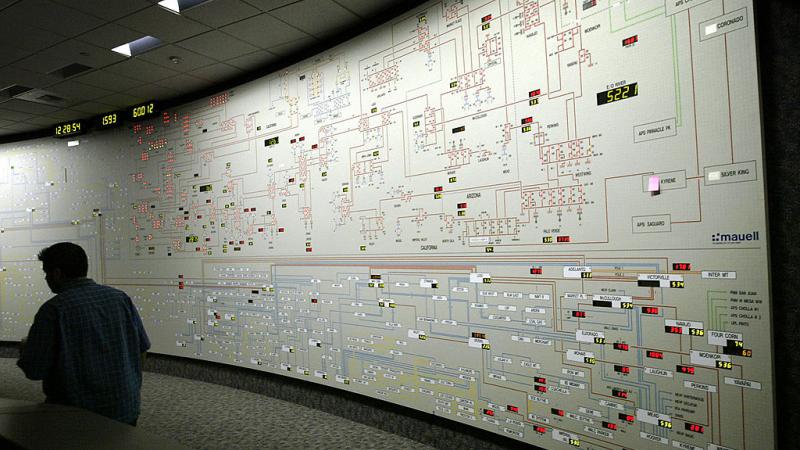Six Democrats help overturn veto, give aid to affordable housing crisis in NC
Relief for the state’s affordable housing crisis could be on the horizon after lawmakers overrode Gov. Roy Cooper’s veto of House Bill 488 on Wednesday. Lawmakers on Wednesday evening voted 78-40 in the House and 27-17 in the Senate to make House Bill 488 law. The
Relief for the state’s affordable housing crisis could be on the horizon after lawmakers overrode Gov. Roy Cooper’s veto of House Bill 488 on Wednesday.
Lawmakers on Wednesday evening voted 78-40 in the House and 27-17 in the Senate to make House Bill 488 law. The legislation deals with a series of revisions to the state’s Building Code Council, and state statutes. The votes included six House Democrats joining the majority.
The measure will delay energy efficiency standards promoted by the governor until 2026, while reorganizing the council into separate councils for residential and commercial codes. While much of the focus on the bill centered on potential impacts for combating climate change and the increased cost of producing more energy efficient homes, other provisions will open up new opportunities for building owner-occupied multi-family units municipalities can leverage to address the state’s housing affordability crisis.
Union County Republican Rep. Mark Brody, a homebuilder who sponsored the bill, explained that state code required multifamily units to be constructed under the state’s more stringent commercial codes. The new law will reduce costs and make it more affordable for homebuilders to construct the units statewide by shifting the rules to a new residential code.
“North Carolina code requires them to be built under the commercial code, which is very expensive so nobody does it,” he said before the override vote Wednesday. “Right now we will be directing a code council to develop the rules for that.”
Brody said he “got a lot of good response” regarding the change “from Raleigh and Charlotte, in particular.”
Mecklenburg County Democrat Carla Cunningham said reports suggest the delayed energy efficiency standards would add tens of thousands of dollars to the cost to construct homes in her district, where the minimum home price is already $300,000. She was among the six Democrats who backed the veto override. Others included Cecil Brockman of Guilford County, Nasif Majeed of Mecklenburg County, Garland Pierce of Hoke County, Shelly Willingham of Edgecombe County, and Michael Wray of Northampton County.
Wray and Willingham were among three Democrats in January assigned committee leadership positions by the Republican majority this session; Rep. Tricia Cotham was the third, and in April she changed party affiliation.
An estimate from the North Carolina Homebuilders Association put the added cost of the higher energy efficiency standards – for things like walls, roofs, insulation, heating and cooling systems for new builds – at about $20,400 for homebuyers. The U.S. Department of Energy estimates construction costs would increase by up to $6,500 per home, and would be recouped within four years from energy savings.
Critics including Cooper have said the delay in implementing higher energy efficiency standards will jeopardize the state’s ability to secure federal disaster funds, which are distributed using a formula that takes the standards into account. Some Democrats on the House floor Wednesday also echoed Cooper, saying HB488’s restructuring of the code council violates the separation of powers outlined in the state constitution.
“This bill stops important work to make home construction safer from disaster and more energy efficient, and ultimately will cost homeowners and renters more money,” Cooper said in his veto message. “The bill also imperils North Carolina’s ability to qualify for FEMA funds by freezing residential building code standards. Not only does the bill wipe out years of work to make homes safer and more affordable, it also violates the constitution by rigging the way the rules are made.”
















